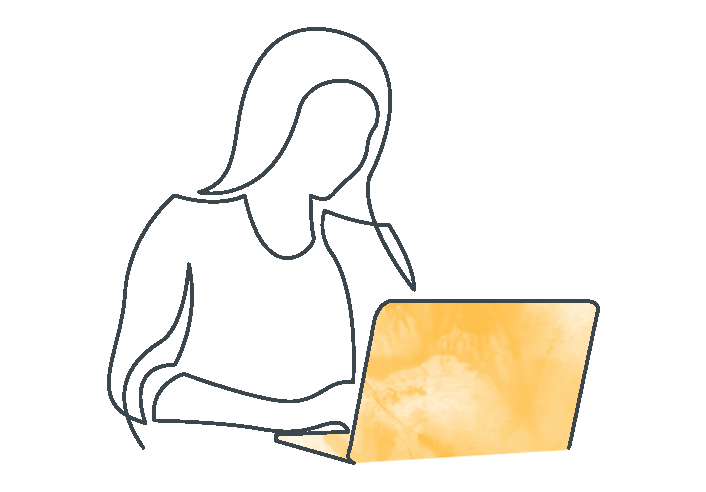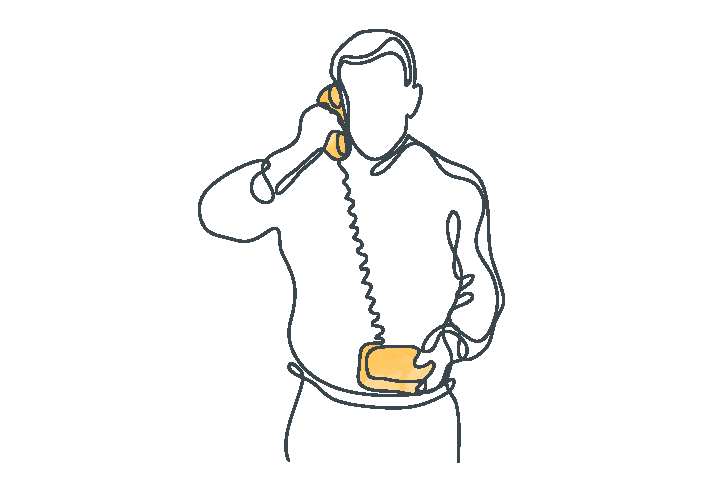Why engage Third Pillar of Health?
Sleep together with cardiovascular fitness and nutrition form the three pillars of good health. Sufficient good quality sleep is vital to keeping us healthy and productive.
Across the developed world tiredness as a result of sleep deprivation is becoming so common that the Centres for Disease Control has called it a “public health epidemic.” UK General Practitioners say that up to one in three patients they see complain of feeling tired all the time (TATT).
No organisation is immune to the issues arising from fatigue. Tiredness and fatigue has a significant adverse impact on organisational efficiency and productivity as well as employee health and safety. It is costing your organisation as you read this.
The amount we sleep has fallen in recent times. Many people see sleep as an acceptable sacrifice to achieve more in their busy days but, in reality performance and health decline significantly with less sleep.
Fatigue can be deadly in any safety-critical environment. When the human body fights fatigue, it can be overcome by microsleeps – short bouts of unconsciousness lasting between a fraction of a second and 10 seconds. Microsleeps are impossible to control and very difficult to predict. A 2-second microsleep if travelling at 70 mph means you will cover 62 metres with no control of that vehicle. It’s easy to understand how dangerous microsleeps could be for those operating heavy plant and machinery or in roles requiring high levels of vigilance.
By training your employees to manage their fatigue, Third Pillar of Health can help improve the safety of your workplace, employee health and the productivity of your organisation.
Below we look at how fatigue affects so many key aspects of working life.
Fatigue and organisational productivity
A survey by the American College of Occupational Medicine together with the Integrated Benefits Institute found that the greatest cost affecting organisational productivity is fatigue (second was depression and fourth was sleep disturbances). Many organisations have already undertaken, and continue to offer, excellent occupational health and wellbeing initiatives. However, in terms of productivity, there appears to be a disjoint between the interventions undertaken and interventions required. When tired we are less productive, creative, innovative and less able to spot new opportunities.
Fatigue and health (physical and mental)
Poor quality and insufficient sleep has been shown to have an adverse effect on the risk of obesity, diabetes and heart disease. A study by UCL and Warwick found that reducing sleep time from 7 hours to 5 hours a night doubled the risk of dying of heart disease. Tiredness and fatigue also has a negative impact on resilience and mental health. When tired we find it more difficult to cope with difficult situations – leading to increased stress. Our immune system is also affected meaning we are more susceptible to illness. Insufficient and poor quality sleep leads to increased health and staff costs.
Fatigue and safety
There is also a clear body of evidence showing the negative impact that tiredness and fatigue has on safety. Did you know that sleeping 4 to 5 hours a night impacts performance to the same extent as being legally drunk? Fatigue in your staff may not lead to major disasters on the scale of Exxon Valdez, Chernobyl, Herald of Free Enterprise or other major incidents (caused largely or in part due to fatigue) but tiredness will be costing your organisation time and money.
Fatigue and other consequences
When we are tired we are less productive and unable to operate at our optimal levels leading to presenteeism (estimated to cost the UK economy c. £15bn per annum). Work life balance and employee engagement also suffer. We are more susceptible to ill health and absenteeism. When tired our vocabulary reduces and with it our communication skills suffer meaning that working relationships and customer service both suffer.
The main point is that sleep deprivation can be predicted and overcome. You should NOT accept the consequences of the widespread sleep deprivation and fatigue epidemic.
CONTACT US
Find out how TPoH can help your company reduce fatigue and increase employee productivity.

